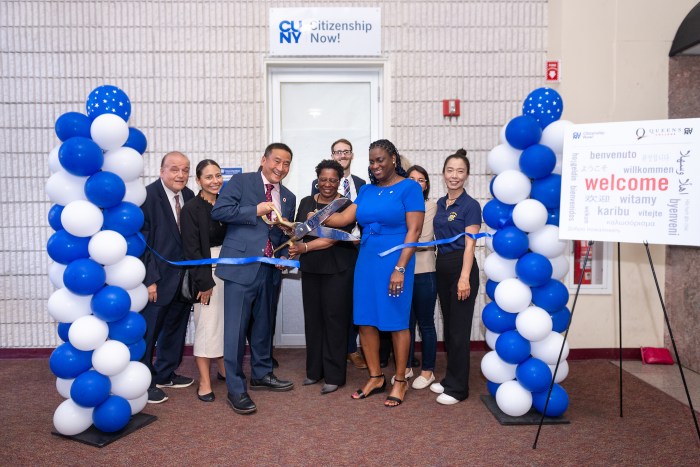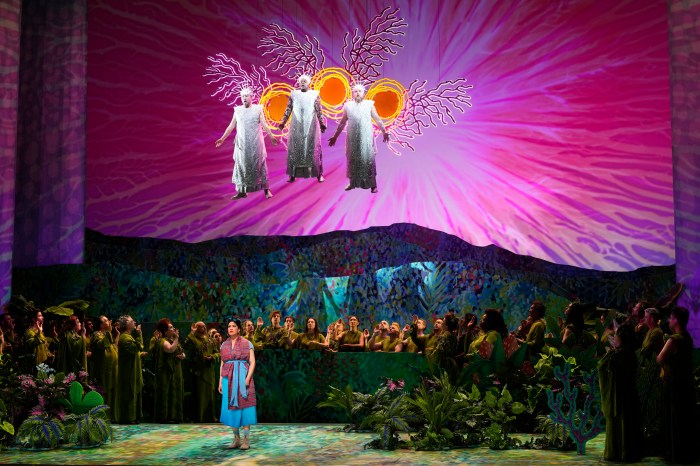London Lennie’s staff learned how to find the perfect bottle of Bordeaux, which has risen in global popularity as both a high-end and everyday drinking wine.
Stuart Randall, the president and founding partner of Bayfield Importing, Ltd., which specializes in estate-bottled wines and spirits from around the world, recently joined London Lennie’s owner, Leslie Barnes, and wine director, Brad Haskel, for a staff tasting of top Bordeaux wines.
Randall, who is a former Sommelier Society of America instructor, took the staff through the classic grape varietals of Bordeaux, offering tips on how the grapes contribute to the perfect blends.
“Merlot is a fleshy wine, full of flavor and sweetness, while Cabernet Sauvignon tends to be more complex and tannic. Blending these two grapes allows Bordeaux winemakers to create a wine that has vibrant flavor and structure, but is balanced and light, resulting in a blend that is better than the sum of its parts,” said Randall.
According to Randall, 2009 was a great vintage for Bordeaux, when great growing conditions led to juicy and sweet, yet balanced, selections that are ripe for recommending to customers.
“Non-classified chateaux are experimenting with modern winemaking practices in an effort to create ready to drink, lighter wines that are less rustic than they were a decade ago,” said Randall.
While classified Bordeaux wines can be aged for nearly a century and can fetch several thousand dollars per bottle at auctions around the world, they make up only five percent of the regions overall production, and the market for these collector wines has weaned in the last decade.
Today, 95 percent of the wines produced in Bordeaux, all of which are non-classified, are meant to be enjoyed immediately. Randall mentioned the many painstaking tasks and quality checks in place to ensure that no bad grapes make it into a bottle of Bordeaux.
Like other modern winemaking regions of the world, Bordeaux winemakers conduct a “green harvest,” where they will remove nearly half of their grape yields from the vine before they ripen to ensure that the other half will have more concentrated flavor.
“Winemakers are willing to make the investment of creating less wine in order to create better wine,” Randall explained to the staff. “That is because there is a growing demand for great wine that is meant to be enjoyed every day.”
Bordeaux wines can be affordable, with deep flavorful blends starting at just $15 per bottle.

































